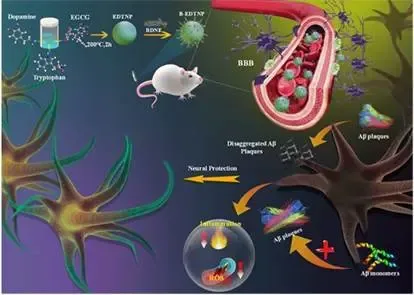Can an Online Plant-Based Diet Program Help Manage Diabetes?

Synopsis
Key Takeaways
- Structured online nutrition programs can effectively manage diabetes.
- Participants showed improvements in health metrics after 12 weeks.
- Accessibility and support are crucial for dietary changes.
- Dietary habits can be adapted to fit cultural norms.
- Reducing fat content while focusing on whole foods is beneficial.
New Delhi, May 15 (NationPress) A well-structured online nutrition program might tackle India's diabetes crisis by eliminating significant barriers to dietary compliance, as revealed by a recent study spearheaded by an Indian-origin researcher.
The research, conducted by the US-based Physicians Committee for Responsible Medicine (PCRM), demonstrated that individuals participating in a physician-guided, plant-based nutrition program saw significant health improvements. These enhancements included a reduction in medication use, body weight, blood sugar, and cholesterol levels.
These findings provide valuable insights for India, where over 101 million adults are currently afflicted by diabetes, with an additional 136 million classified as prediabetic, according to the research published in the American Journal of Lifestyle Medicine.
Dr. Vanita Rahman, the lead author and an internal medicine physician with PCRM, stated, “India’s diabetes crisis demands solutions that align with our healthcare realities.”
Dr. Rahman further explained, “Dietary modifications have long been recognized as effective in managing diabetes; however, implementation has faced hurdles such as limited consultation time, inconsistent follow-up, and accessibility challenges—particularly in tier-2 and tier-3 cities.”
The study tackled prevalent issues Indian patients encounter when pursuing lifestyle changes, including accessibility, structured support, practical execution, and consistent follow-up.
The 12-week program included 76 adults diagnosed with type 2 diabetes. Among the 58 participants who completed the program, 22 percent managed to reduce their diabetes medication dosages; the average weight dropped by 3.7 kilograms (around 8 pounds); and HbA1C (a key measure of blood sugar control) saw a decrease of 0.6 percent.
Moreover, total and LDL cholesterol levels declined by 15 and 12 mg/dL, respectively, in participants not on lipid-lowering medications.
“These results hold special significance in the Indian context, where vegetarian and plant-based dietary norms are already prevalent. By making simple adjustments to reduce fat content and emphasizing whole foods, these interventions can seamlessly fit into Indian households,” Dr. Rahman concluded.










